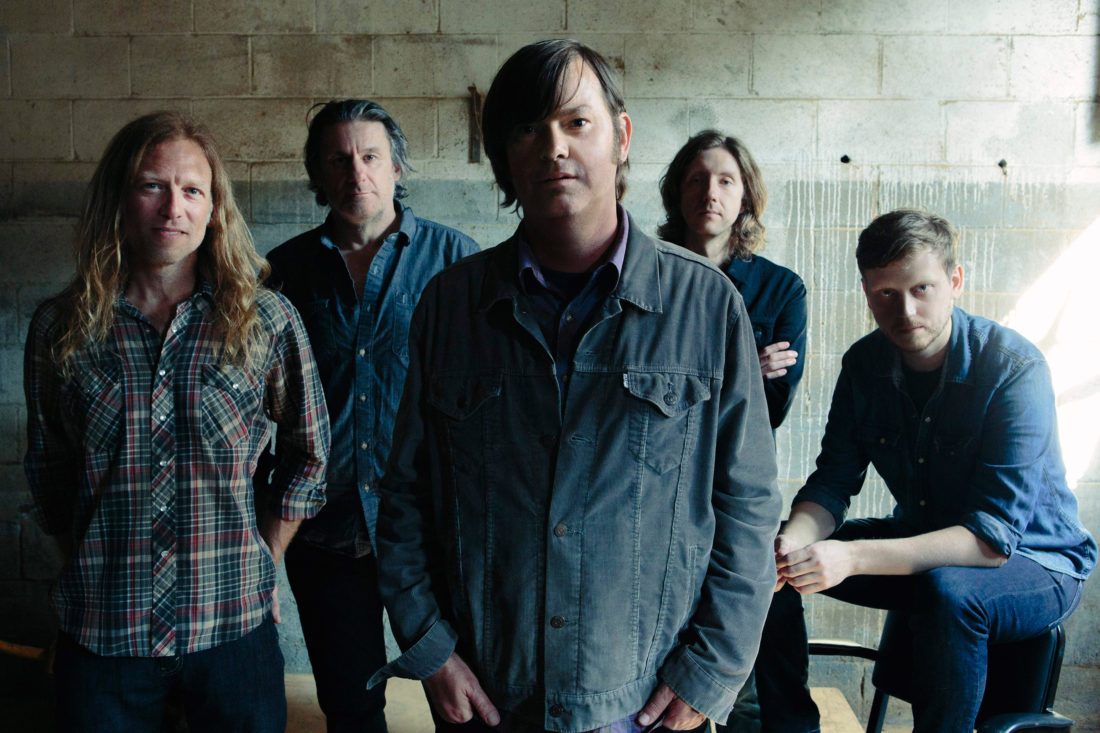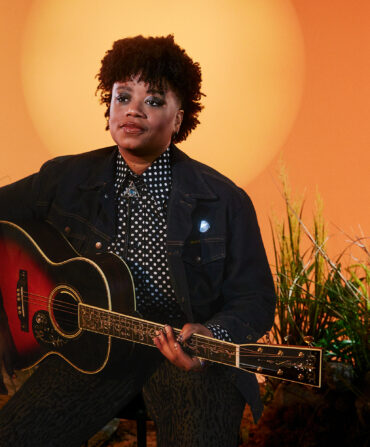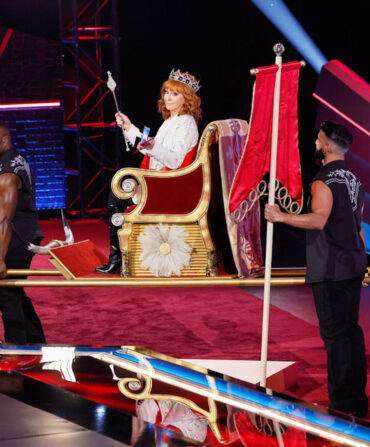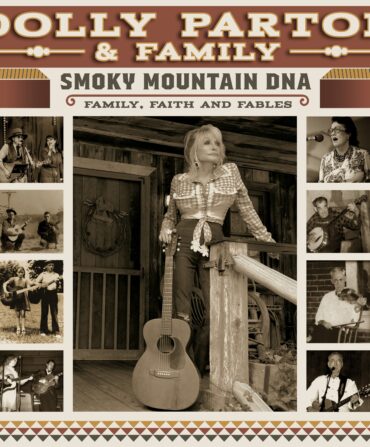If Jay Farrar’s name is unfamiliar to you, his music shouldn’t be. As one half of Uncle Tupelo, he—and then-bandmate Jeff Tweedy—married the roar of punk rock with traditional country sounds for four albums, including their 1990 debut, No Depression, which spawned an entire genre of music now known as alt-country. With Farrar’s Springsteen-like tales of life in the hardscrabble Midwest (the duo hailed from Belleville, Illinois, outside of St. Louis) and Tweedy’s ruminations on love and relationships, the influence of Uncle Tupelo is incalculable.
Farrar and Tweedy’s relationship was combustible to say the least, and they called it quits in 1994. Tweedy would go on to form Wilco and Farrar carried on with Son Volt, debuting another insta-classic, Trace, in 1995. Over the course of seven Son Volt albums and a hefty solo output, Farrar has immersed himself in all types of roots music, from folk to crunching rock to the Bakersfield-inspired Honky Tonk in 2013. Now, with Notes of Blue, scheduled for release February 17 and available for pre-order now, Farrar delivers a collection of songs inspired by the giants of Mississippi blues.
Garden & Gun is thrilled to world premiere two songs from Notes of Blue, “Back Against the Wall” and “Lost Souls.” Below, Farrar gives insight into the album—and drops some big news about a potential Uncle Tupelo release from the vault.
First Listen: Back Against the Wall (below)
First Listen: “Lost Souls” (below)
I imagine the blues have been an integral part of your musical experience. What was the impetus for doing a blues-inspired record now?
I’ve done a few blues-inspired songs in the past (“Damn Shame” and “Buzz and Grind”), this record was a chance to focus more on the blues. I’ve always been intrigued by the tunings and guitar voicings of Skip James and Mississippi Fred McDowell, so the experience of learning those tunings was a challenge, yet also inspiring.
Are they your favorite blues artists?
[Yes]. The assertive slide playing of Mississippi Fred McDowell is mesmerizing, but so are the ethereal vocals and fingerpicking of Skip James.
Hill Country or Delta blues?
Both, [but] I’ll never forget playing in Oxford, Mississippi, with Uncle Tupelo in the early 90s and getting offers after the show to drive to Junior Kimbrough’s place. Maybe it was a combination of being tired after a show and being wary of driving across Mississippi with drunken strangers, but I now regret not seeing Junior Kimbrough or RL Burnside when I had the chance.
What inspired “Lost Souls?
The impetus for “Lost Souls” is something I’ve been thinking about for years, going back to [when I was] starting out. It was like a pattern whereby you’d meet and see amazingly talented and creative bands and performers along the way and then you’d never hear of them again. For whatever reasons, a combination of forces took them out of circulation. “Lost Souls” is a song to them—to the one’s you’d hoped to see again but never did.
“Back Against the Wall” has more of the traditional Son Volt–sounding roots-rock grit. How does that song fit with the rest?
“Back Against the Wall” came out of an acoustic-oriented batch of songs that I was working on at the same time as the blues-inspired songs. It got amped up along the way and really represented a chance for me to get back to playing electric guitar. That’s an old Magnatone amp on the lead guitar sections. Among this group of songs, “Back Against the Wall” came to represent a rally song of sorts.
Trace was reissued last year for its twentieth anniversary, any more stuff coming from the archives?
There’s a collection of demo songs from the [2005] Son Volt record “Okemah and the Melody of Riot” that’s a contender for archival release someday. Also, I recently communicated with Jeff about some demos that preceded the [1991] Uncle Tupelo record Still Feel Gone that sounded good enough to see the light of day.








